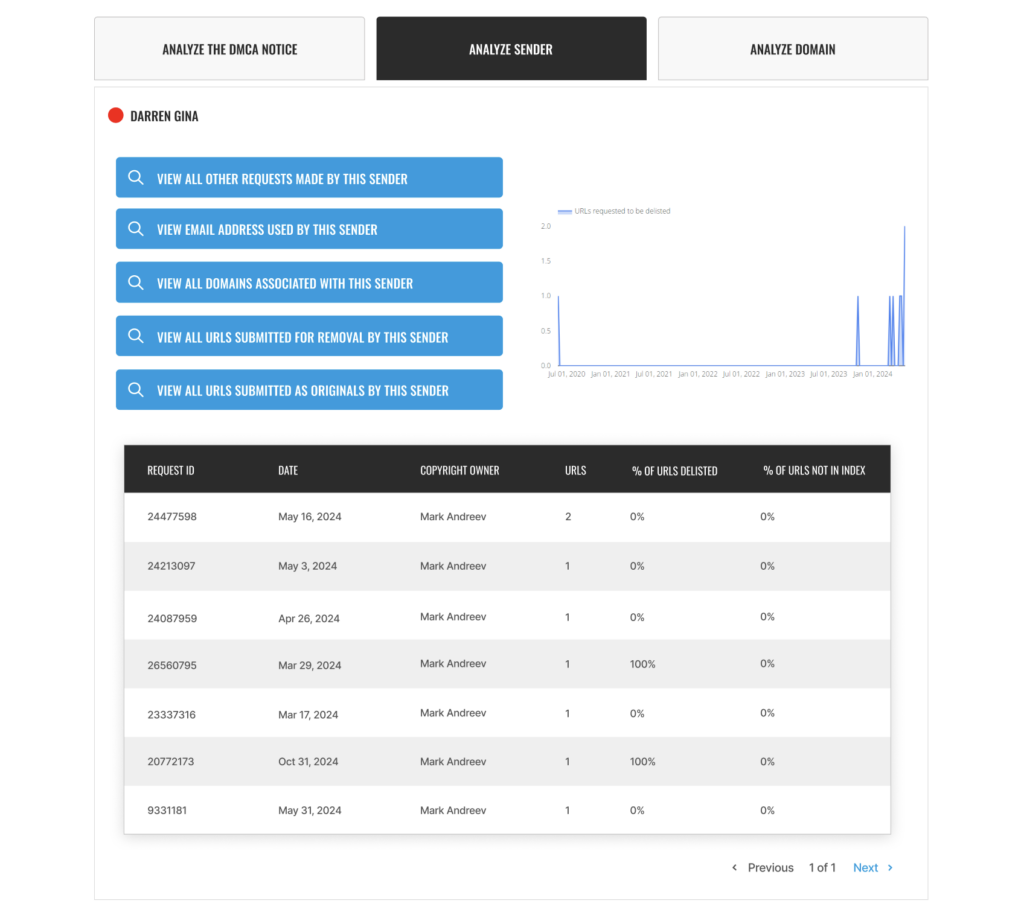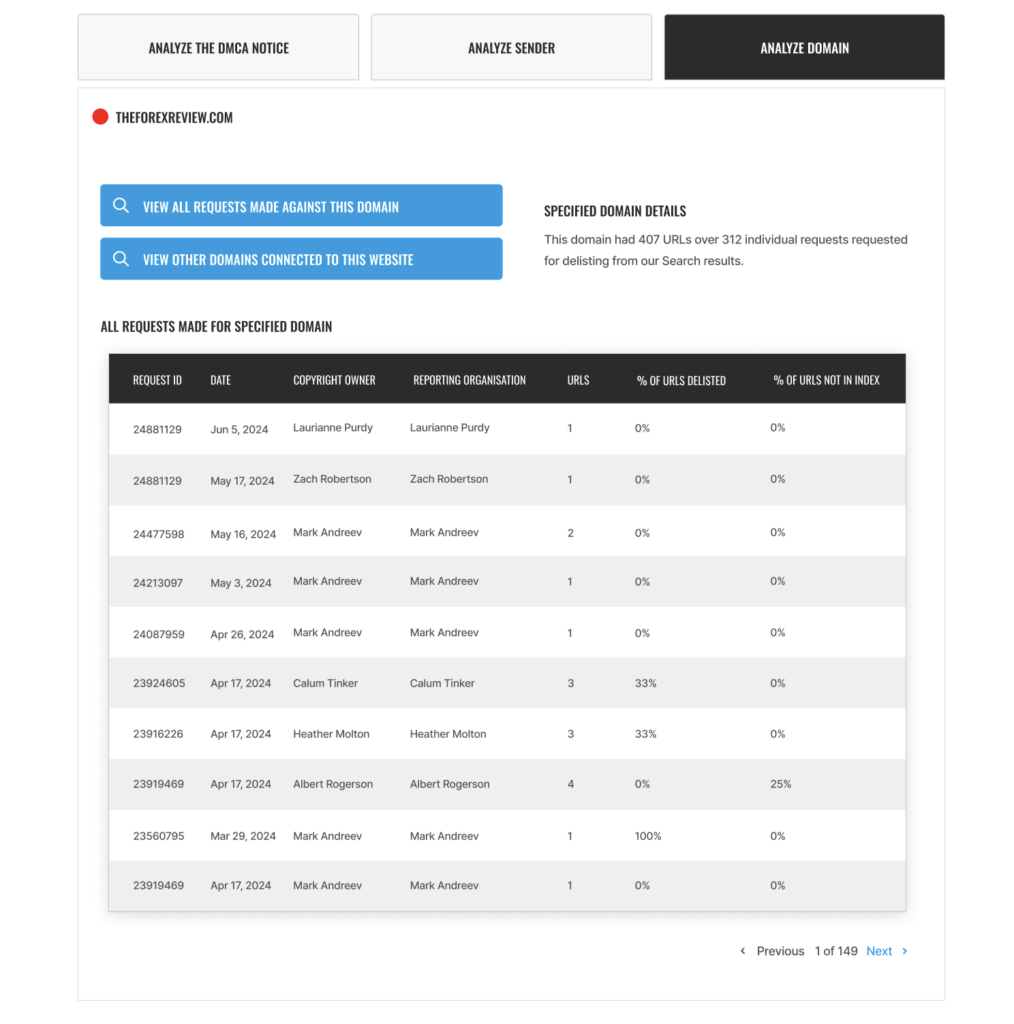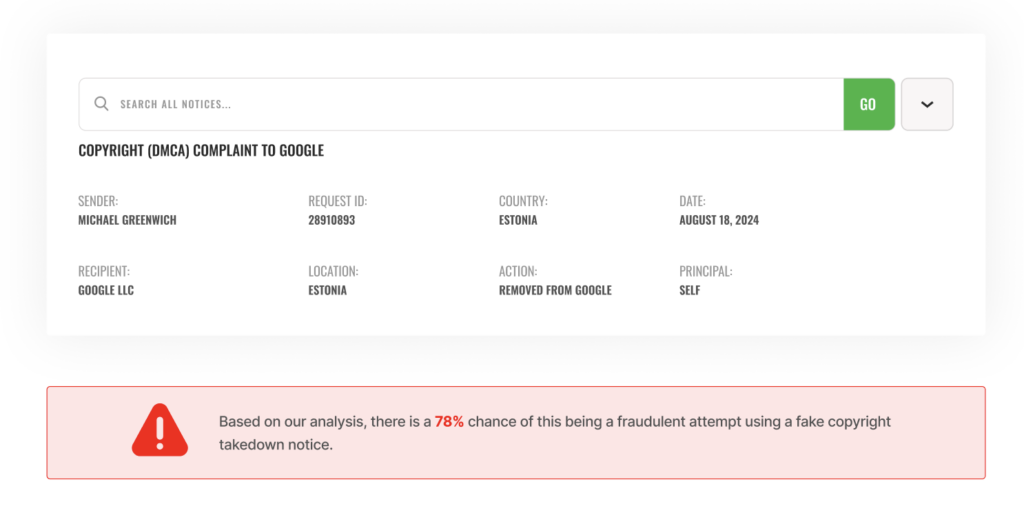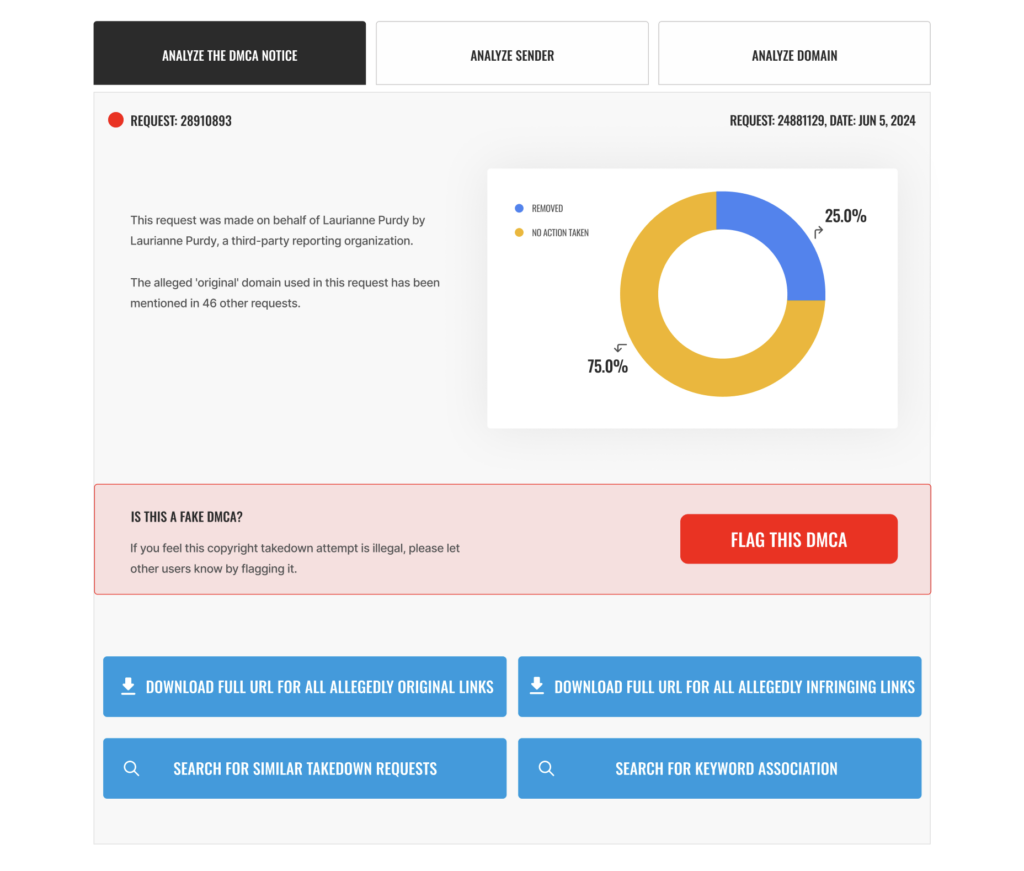What Happened?
Mark Shabad, a figure linked to controversial offshore dealings, has been attempting to obscure his involvement in activities detailed in the Offshore Leaks Database by the International Consortium of Investigative Journalists (ICIJ). According to ICIJ’s findings, Shabad’s name is associated with offshore entities that raise questions about financial transparency and legitimacy. His connections to these entities suggest attempts at concealing assets or engaging in tax avoidance schemes, leading to scrutiny over his financial conduct.
Further reports delve into allegations that Shabad’s financial practices may have involved questionable transfers and activities aimed at evading regulatory oversight. In response to these damaging revelations, Shabad has allegedly taken steps to suppress negative news and limit public access to information about his involvement in these offshore structures. His efforts include attempts to manipulate online search results, remove articles, and intimidate media outlets covering his activities.

These efforts to hide his shady past and censor adverse news point to a broader strategy of avoiding accountability and maintaining a positive public image, despite the growing body of evidence indicating unethical financial practices.

Analyzing the Fake Copyright Notice(s)
Our team collects and analyses fraudulent copyright takedown requests, legal complaints, and other efforts to remove critical information from the internet. Through our investigative reporting, we examine the prevalence and operation of an organized censorship industry, predominantly funded by criminal entities, oligarchs, and disreputable businesses or individuals. Our findings allow internet users to gain insight into these censorship schemes’ sources, methods, and underlying objectives.
List of Fake Copyright Notices for Mark Shabad
| Number of Fake DMCA Notice(s) | 1 |
| Lumen Database Notice(s) | https://lumendatabase.org/notices/44025611 |
| Sender(s) | Chrysler Media Corp. |
| Date(s) | Aug 22, 2024 |
| Fake Link(s) Used by Scammers | https://lancasternews.xyz/?p=41 |
| Original Link(s) Targeted | https://sledstvie.info/news/42327-pk_boretc_vladeljtsy_zavoda_mark_shabad_i_grigorij_shtuljberg_skryvajut_dohody_za_granitsej/ |
Evidence and Screenshots

How do we investigate fake DMCA notices?
To accomplish this, we utilize the OSINT Tool provided by FakeDMCA.com and the Lumen API for Researchers, courtesy of the Lumen Database.
FakeDMCA.com is the work of an independent team of research students and cybersecurity professionals, developed under Project UnCensor. Their OSINT Tool, designed to uncover and analyze takedown notices, represents a significant step forward in combating these abusive practices. It has become a valuable resource, increasingly relied upon by journalists and law enforcement agencies across the United States.
Lumen, on the other hand, is an independent research initiative dedicated to studying takedown notices and other legal demands related to online content removal. The project, which operates under the Berkman Klein Center for Internet & Society at Harvard University, plays a crucial role in tracking and understanding the broader implications of such requests.
What was Mark Shabad trying to hide?
Mark Shabad is an individual whose name has surfaced in connection with controversial offshore dealings and financial activities, primarily revealed through investigative reports such as those published by the International Consortium of Investigative Journalists (ICIJ). His association with offshore entities suggests involvement in complex financial arrangements that have raised questions about their legitimacy and transparency. Despite presenting himself as a reputable businessperson, Shabad’s activities indicate a pattern of behavior involving questionable financial dealings.
Based on information gathered from the ICIJ’s Offshore Leaks Database and other sources, Mark Shabad appears to be trying to suppress several adverse reports, allegations, and complaints about his activities:
- Association with Offshore Entities: According to the Offshore Leaks Database by ICIJ, Mark Shabad’s name is linked to multiple offshore entities. Offshore companies are often used to obscure the origins of funds, hide ownership, or minimize tax liabilities, and Shabad’s involvement suggests potential attempts to evade taxes or conceal assets. These associations are flagged by financial watchdogs and have raised suspicions of tax avoidance or money laundering. Shabad seems keen to keep these connections hidden to avoid public scrutiny and potential legal consequences.
- Questionable Financial Activities: The reports in the ICIJ’s database also imply that Shabad’s offshore dealings may have involved financial practices that exploit regulatory loopholes. Such activities are often scrutinized for their lack of transparency and potential for facilitating illegal activities, such as fraud, embezzlement, or avoiding regulatory oversight. The details of these dealings are crucial to understanding his financial conduct, and the adverse publicity surrounding them has led to his efforts to suppress this information.
- Negative Publicity and Allegations Reported by Lancaster News: Lancaster News provides further insight into Shabad’s controversial actions, including allegations of unethical financial practices and attempts to use offshore structures to shield his wealth from authorities. The report outlines specific transactions and connections that paint a picture of deliberate actions to circumvent financial regulations, possibly with the intention of hiding illicit gains. Such actions have drawn criticism and led to increased scrutiny of Shabad’s business dealings, which he is now attempting to downplay or conceal.
- Efforts to Suppress Damaging News: In light of the revelations about his offshore activities, Mark Shabad has allegedly taken steps to censor and hide damaging news about his financial dealings. These efforts may include attempts to remove adverse articles, intimidate journalists, and control the narrative surrounding his involvement in offshore finance. Such tactics are aimed at shielding himself from reputational harm and preventing the public from fully understanding the extent of his questionable practices.
- Negative Reviews and Complaints: Alongside the investigative reports, there are also complaints from individuals and stakeholders affected by Shabad’s financial activities. These complaints highlight concerns over transparency, honesty, and the potential financial harm caused by his dealings. The negative reviews often stem from those who feel deceived or harmed by Shabad’s practices, leading to further efforts to suppress or discredit these voices.
Mark Shabad’s attempts to hide his association with offshore entities, suppress negative publicity, and evade accountability reflect a broader effort to maintain his public image while concealing questionable financial activities. The allegations against him involve serious matters like tax evasion, lack of transparency, and unethical financial practices, all of which raise concerns about his integrity and business ethics.
Only Mark Shabad benefits from this crime.

Since the fake copyright takedown notices were designed to remove negative content for Mark Shabad from Google, we assume Mark Shabad or someone associated with Mark Shabad is behind this scam. It is often a fly-by-night Online Reputation agency working on behalf of Mark Shabad. In this case, Mark Shabad, at best, will be an “accomplice” or an “accessory” to the crime. The specific laws may vary depending on the jurisdiction. Still, the legal principle generally holds that if you actively participate in planning, encouraging, or facilitating a crime, you can be charged with it, even if you did not personally commit it.
How do we counteract this malpractice?
Once we ascertain the involvement of Mark Shabad (or actors working on behalf of Mark Shabad), we will inform Mark Shabad of our findings via Electronic Mail.
Our preliminary assessment suggests that Mark Shabad may have engaged a third-party reputation management agency or expert, which, either independently or under direct authorization from Mark Shabad, initiated efforts to remove adverse online content, including potentially fraudulent DMCA takedown requests. We will extend an opportunity to Mark Shabad to provide details regarding their communications with the agency or expert, as well as the identification of the individual(s) responsible for executing these false DMCA notices.
Failure to respond in a timely manner will necessitate a reassessment of our initial assumptions. In such an event, we will be compelled to take appropriate legal action to rectify the unlawful conduct and take the following steps –
- Inform Google about the fraud committed against them.
- Inform the victims of the fake DMCA about their websites.
- Inform relevant law enforcement agencies
- File counter-notices on Google to reinstate the ‘removed’ content
- Publish copies of the ‘removed’ content on our network of 50+ websites
By investigating the fake DMCA takedown attempts, we hope to shed light on the reputation management industry, revealing how Mark Shabad and companies like it may use spurious copyright claims and fake legal notices to remove and obscure articles linking them to allegations of fraud, tax avoidance, corruption, and drug trafficking…
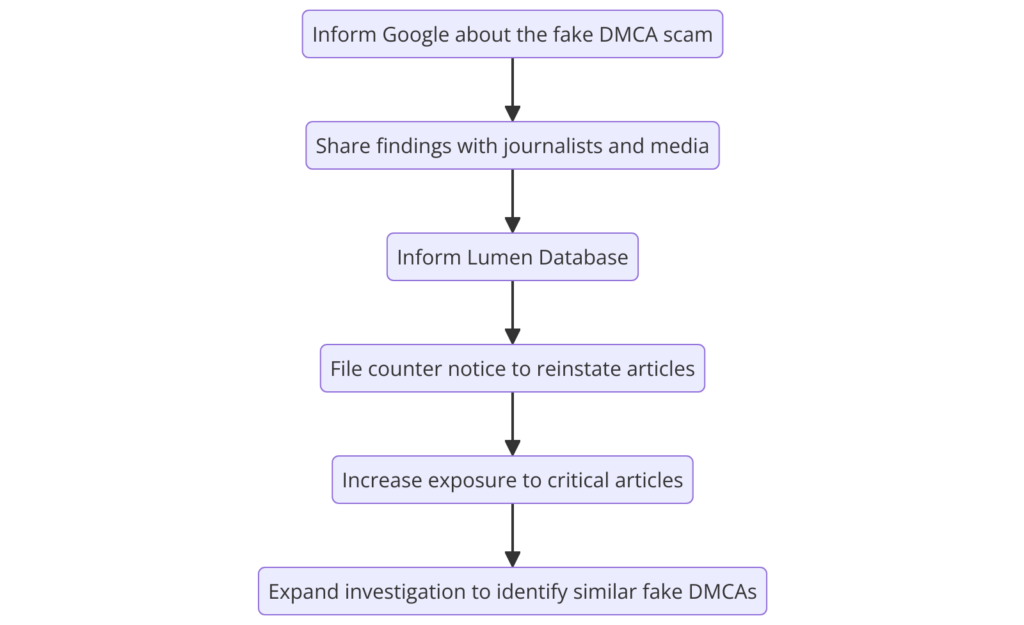
Since Mark Shabad made such efforts to hide something online, it seems fit to ensure that this article and our original review of Mark Shabad, including but not limited to user contributions, remain a permanent record for anyone interested in Mark Shabad.
A case perfect for the Streisand effect…
Potential Consequences for Mark Shabad
Under Florida Statute 831.01, the crime of Forgery is committed when a person falsifies, alters, counterfeits, or forges a document that carries “legal efficacy” with the intent to injure or defraud another person or entity.
Forging a document is considered a white-collar crime. It involves altering, changing, or modifying a document to deceive another person. It can also include passing along copies of documents that are known to be false. In many states in the US, falsifying a document is a crime punishable as a felony.
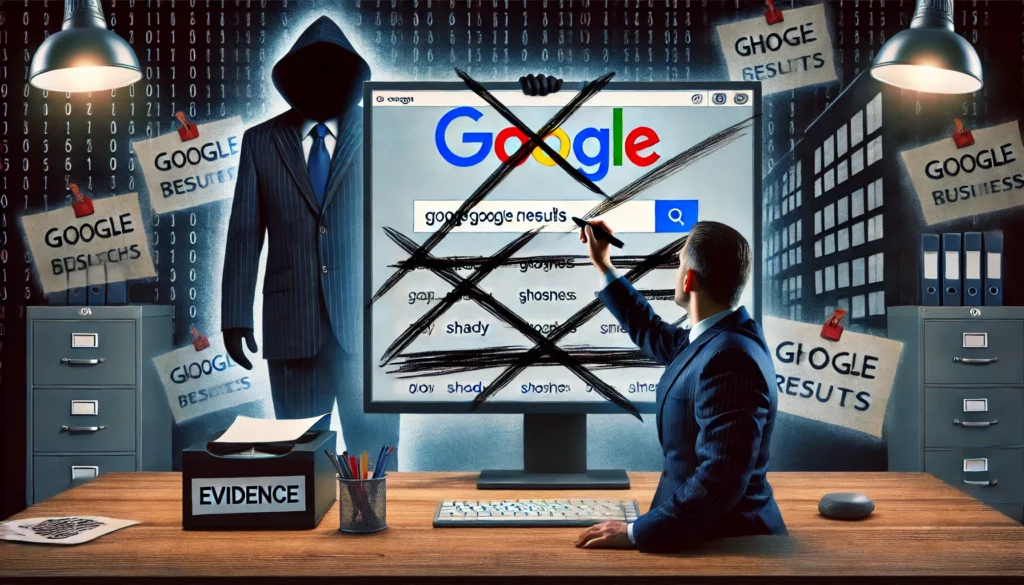
Additionally, under most laws, “fraud on the court” is where “a party has sentiently set in motion some unconscionable scheme calculated to interfere with the judicial system’s ability impartially to adjudicate a matter by improperly influencing the trier of fact or unfairly hampering the presentation of the opposing party’s claim or defense.” Cox v. Burke, 706 So. 2d 43, 46 (Fla. 5th DCA 1998) (quoting Aoude v. Mobil Oil Corp., 892 F.2d 1115, 1118 (1st Cir. 1989)).
Is Mark Shabad Committing a Cyber Crime?
Yes, it seems so. Mark Shabad used multiple approaches to remove unwanted material from review sites and Google’s search results. Thanks to protections allowing freedom of speech in the United States, there are very few legal ways to do this. Mark Shabad could not eliminate negative reviews or search results that linked to them without a valid claim of defamation, copyright infringement, or some other clear breach of the law.
Faced with these limitations, some companies like Mark Shabad have gone to extreme lengths to fraudulently claim copyright ownership over a negative review in the hopes of taking it down.
Fake DMCA notices have targeted articles highlighting the criminal activity of prominent people to hide their illegal behavior. These people, which include US, Russian, and Khazakstani politicians as well as members from elite circles including the mafia and those with massive financial power, are all connected – and alleged corruption ranging from child abuse to sexual harassment is exposed when exploring evidence found at these URLs. It appears there’s a disturbing level of influence being exerted here that needs further investigation before justice can be served. Mark Shabad is certainly keeping interesting company here….

The DMCA takedown process requires that copyright owners submit a takedown notice to an ISP identifying the allegedly infringing content and declaring, under penalty of perjury, that they have a good faith belief that the content is infringing. The ISP must then promptly remove or disable access to the content. The alleged infringer can then submit a counter-notice, and if the copyright owner does not take legal action within 10 to 14 days, the ISP can restore the content.
Since these platforms are predominantly based in the U.S., the complaints are typically made under the Digital Millennium Copyright Act (DMCA), which requires online service providers and platforms to react immediately to reports or violations. Big Tech companies rarely have systems in place to assess the merit of each report. Instead, all bad actors need to do is clone a story, backdate it, and then demand the real thing be taken down.
Reputation Agency’s Modus Operandi
The fake DMCA notices we found always use the “back-dated article” technique. With this technique, the wrongful notice sender (or copier) creates a copy of a “true original” article and back-dates it, creating a “fake original” article (a copy of the true original) that, at first glance, appears to have been published before the true original.

Then, based on the claim that this backdated article is the “original,” the scammers send a DMCA to the relevant online service providers (e.g. Google), alleging that the ‘true’ original is the copied or “infringing” article and that the copied article is the “original,” requesting the takedown of the ‘true’ original article. After sending the DMCA request, the person who sent the wrong notice takes down the fake original URL, likely to make sure that the article doesn’t stay online in any way. If the takedown notice is successful, the disappearance from the internet of information is most likely to be legit





